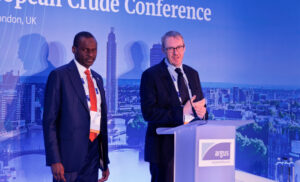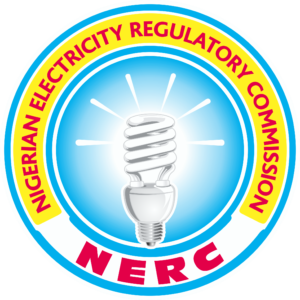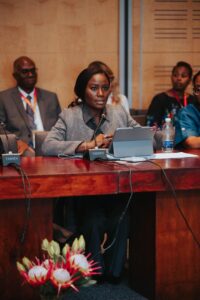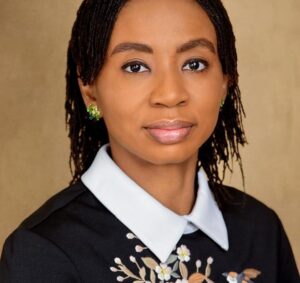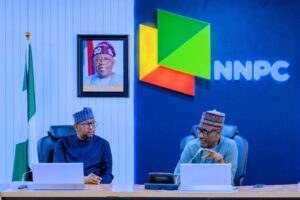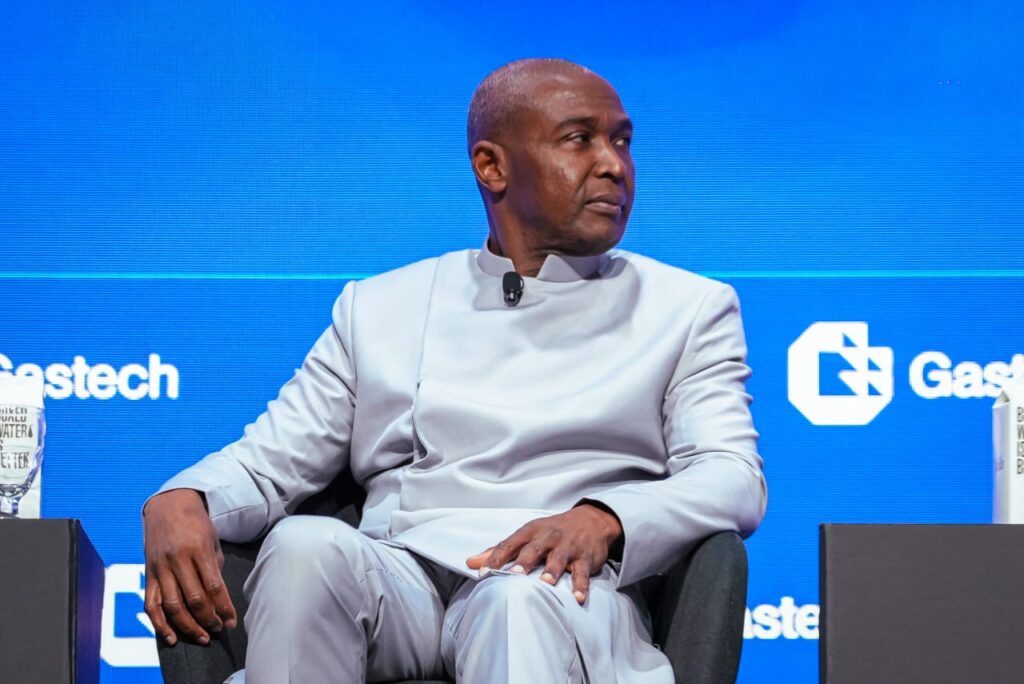
HUGE INFRASTRUCTURAL INVESTMENT NEEDED TO DRIVE EFFICIENT AND EQUITABLE ENERGY TRANSITION IN DEVELOPING COUNTRIES- NLNG MD
This page is supported by Shell Nigeria. Click here for more information
Dr. Philip Mshelbila,the Managing Director and Chief Executive officer of Nigeria Liquefied NaturalGas NLNG, has reiterated that developing nations like Nigeria will need huge investment in infrastructural development to drive its energy transition in an efficient and equitable way.
Dr. Mshelbila stated this while speaking at a Global leadership panel on Energy inclusion: Widening access to natural gas and LNG to support the transition to lower -carbon energy system in emerging economics, at George R. Brown Convention Center, Houston, Texas, USA.
Giving audience insight into the understanding of the opportunities and challenges associated with the widening access to cleaner energy in high growth markets, Dr. Mshelbila expressed that dearth of quality infrastructure like insufficient pipelines, storage, regasification facilities, high costs of importing LNG, Energy poverty like limited access to affordable energy are key issues that must be addressed.
He affirmed that addressing these challenges and leveraging on solutions, emerging economies can widen access to natural gas and LNG, supporting a lower-carbon energy transition and energy inclusion.
Speaking about Nigeria and other developing economies, he expressed that the global energy policymakers must create energy equity and inclusion to ensure that the average African women’s daily energy needs are met. He cautioned that there were consequences for energy exclusion and that the concept of energy inclusion was key to meeting climate energy goals.
On growing population and energy needs , he said ‘’Nigeria’s population is estimated to be around 200 million and by 2050, it is estimated to grow to about 250 million ,and most of them are young people who will need one form of energy, in one way or the other. So, it is expedient to have various energy mix to carter for this growing population.
He noted that the Nigerian government is doing all it can to meet up with the energy needs of its growing population, using natural gas as its transition fuel.
He stressed that in 2020, the government launched the Decade of gas and NLNG is solidly behind it and playing a huge role in the decade of gas initiative.
He stated that as at today, NLNG supplies almost 40 per cent of Nigeria’s LPG demand in-country, delivering over 400,000 tonnes.
‘’Our company’s focus on the domestic market solidifies its reputation as a top-tier global player. Also, by channeling the LPG, we are invariably displacing Charcoal and wood burning which release pollutants that causes about 1.6 million premature deaths annually.”
He also posited that Nigeria and other developing nations needs energy to move forward in their industrialization agendas and natural gas will play a vital role in it. He called on producing nations to see how they can maximize the natural gas in developing their nations.
He also noted that diversity, equity and inclusion are key cardinal issues that can help in fast racking the progress of energy transition in developing economies.
Other stakeholders also highlighted the need for Infrastructure development in Pipelines, LNG terminals, storage facilities, Public-Private Partnerships (PPPs): Collaborative investments, Financing mechanisms: Green bonds, concessional loans, development of national energy plans, and good regulatory frameworks as action plans that can aid in equitable energy transition.
Other members of the panel include: Alan Heng ,group CEP Pavilion Energy, Singapore , Tze San Koh ,President China gas marketing ,ExxonMobil, Toshiro Kudama, Head of Asia pacific Operation ,JERA and Lame Verre , Co-Founder &Chair Advisory board ,Lean in Equity & Sustainability who moderated the session.


